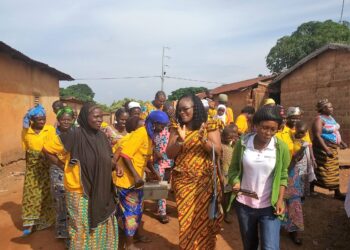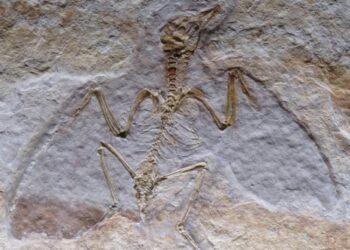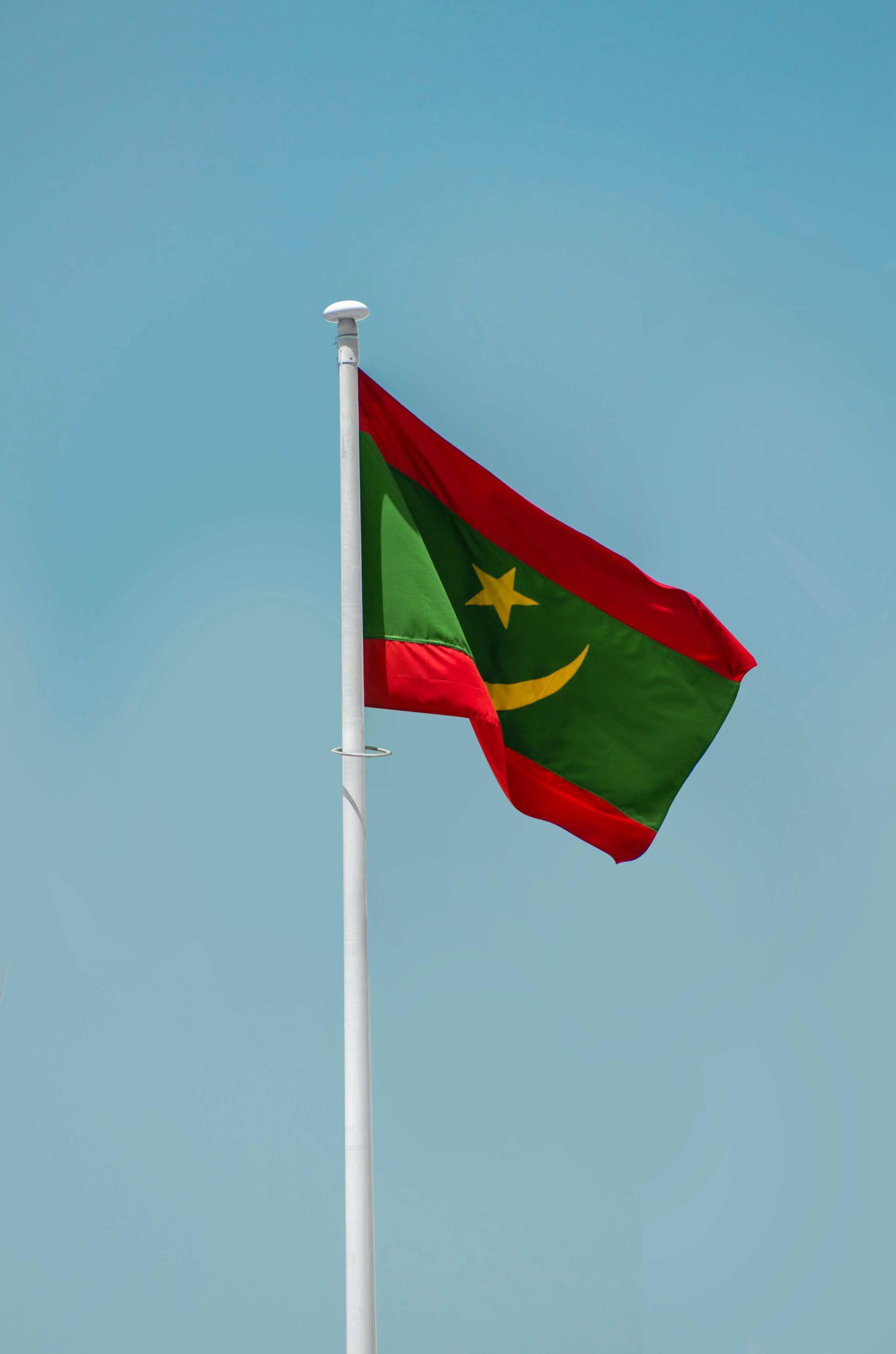The Yoruba religion is a traditional African religion that is practiced by the Yoruba people of Nigeria, Benin, and Togo. The religion has its roots in the Yoruba culture, which dates back to the 12th century. The Yoruba people believe in a supreme being, Olodumare, who is the creator of the universe. They also believe in a pantheon of deities known as orishas, who are intermediaries between humans and Olodumare. The Yoruba religion is a complex system of beliefs, rituals, and practices that have evolved.
Origins and History of the Yoruba Religion
The Yoruba religion has its origins in the Ifa divination system, which is one of the oldest and most complex divination systems in the world. The Ifa divination system is the foundation of the Yoruba religion, and it is used to communicate with the orishas and their ancestors. The Yoruba people believe that their ancestors play a crucial role in their lives and that they can influence their fortunes and destiny.
The Yoruba religion has a rich history that spans over a thousand years. The Yoruba people were one of the first ethnic groups in West Africa to have a written language, and their religion was the foundation of their culture. The Yoruba religion was also influenced by other religions such as Islam and Christianity, which were introduced to the region during the colonial period.
Basic Beliefs and Principles of the Yoruba Religion
The Yoruba religion is based on the belief in a supreme being, Olodumare, who is the creator of the universe. The Yoruba people also believe in the existence of orishas, who are deities that are associated with various aspects of life such as love, fertility, and prosperity. The orishas are believed to have the power to influence the fortunes of humans and to provide protection and guidance.
The Yoruba religion also emphasizes the importance of balance and harmony in life. The Yoruba people believe that everything in life is interconnected and that everything has a purpose. They also believe in the concept of destiny, which is the idea that every individual has a unique path to follow in life.
The Role of Deities and Ancestors in Yoruba Religion
The orishas and their ancestors play a significant role in the Yoruba religion. The orishas are believed to have the power to influence the fortunes of humans, and they are often invoked in prayers and rituals. The ancestors are also revered and are believed to have the power to influence the lives of their descendants. The Yoruba people believe that their ancestors can provide guidance, protection, and blessings to their descendants.
The Yoruba people also believe in the concept of reincarnation, which is the idea that the soul of a deceased person can be reborn in a new body. The Yoruba people believe that the ancestors can be reborn in their descendants, and they often use divination to determine the identity of a reborn ancestor.
Yoruba Religious Practices and Rituals
The Yoruba religion has a complex system of practices and rituals that are used to communicate with the orishas and ancestors. The Ifa divination system is one of the most important rituals in the Yoruba religion, and it is used to communicate with the orishas and their ancestors. Other important rituals in the Yoruba religion include offerings, sacrifices, and initiations.
The Yoruba people also use various objects such as beads, cowrie shells, and charms to communicate with the orishas and ancestors. These objects are believed to have spiritual power and are often used in divination and other rituals.
Yoruba Religious Festivals and Celebrations
The Yoruba religion has a rich tradition of festivals and celebrations that are held throughout the year. These festivals and celebrations are an important part of Yoruba culture and are used to honor the orishas and their ancestors. Some of the most important festivals in the Yoruba religion include the Oshun festival, the Obatala festival, and the Egungun festival.
The Oshun festival is dedicated to the orisha of love and fertility, and it is celebrated in August. The Obatala festival is dedicated to the orisha of creation and purity, and it is celebrated in September. The Egungun festival is dedicated to the ancestors, and it is celebrated in January. These festivals and celebrations are colourful and vibrant, and they are an important part of Yoruba culture.
The Impact of the Yoruba Religion on Art and Culture
The Yoruba religion has had a significant impact on art and culture in Nigeria and other parts of West Africa. The Yoruba people have a rich tradition of art, which includes sculpture, painting, and textiles. Many of these art forms are influenced by the Yoruba religion and the orishas.
The Yoruba religion has also influenced music in West Africa. The Yoruba people have a rich tradition of music, which includes drumming, singing, and dancing. Many of these musical forms are used in Yoruba religious rituals and ceremonies.
Contemporary Expressions of the Yoruba Religion
The Yoruba religion has continued to evolve and adapt to modern times. In Nigeria and other parts of West Africa, the Yoruba religion is still practiced by millions of people. However, the Yoruba religion has also spread to other parts of the world, including the United States, South America, and Europe.
In the diaspora, the Yoruba religion has taken on new forms and expressions. In the United States, for example, the Yoruba religion has been combined with other Afro-Caribbean religions such as Santeria and Candomble. These new expressions of the Yoruba religion reflect the diversity and richness of the African diaspora.
Yoruba Religion and its Influence on the Diaspora
The Yoruba religion has had a significant influence on the African diaspora. Religion has played a major role in the development of Afro-Caribbean religions such as Santeria, Candomble, and Vodou. These religions reflect the syncretism that occurred between African religions and Christianity and other religions during the colonial period.





